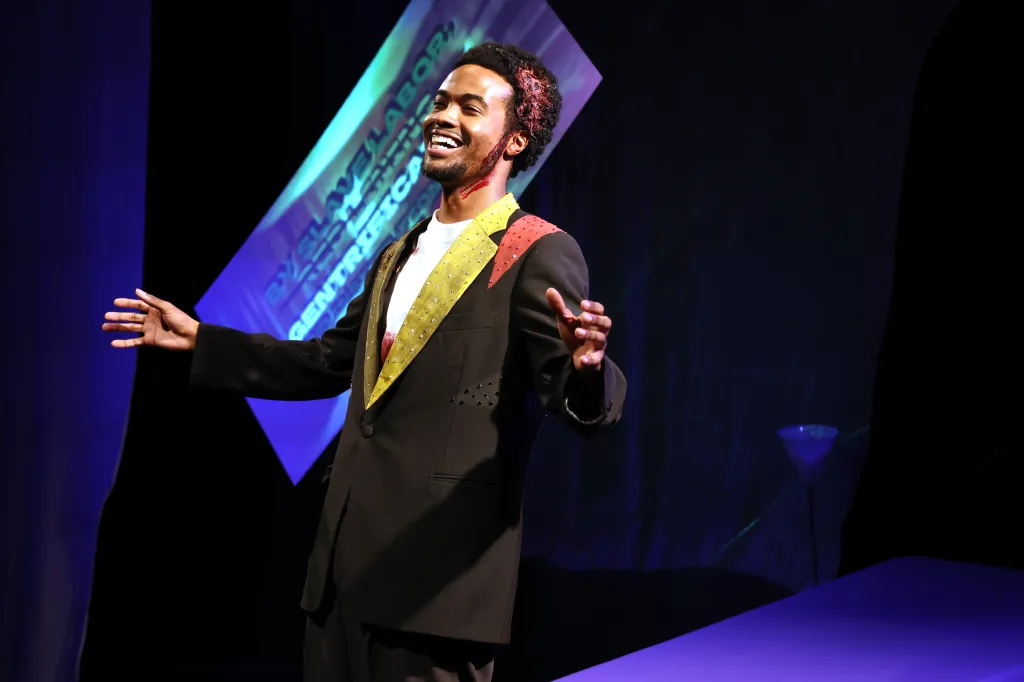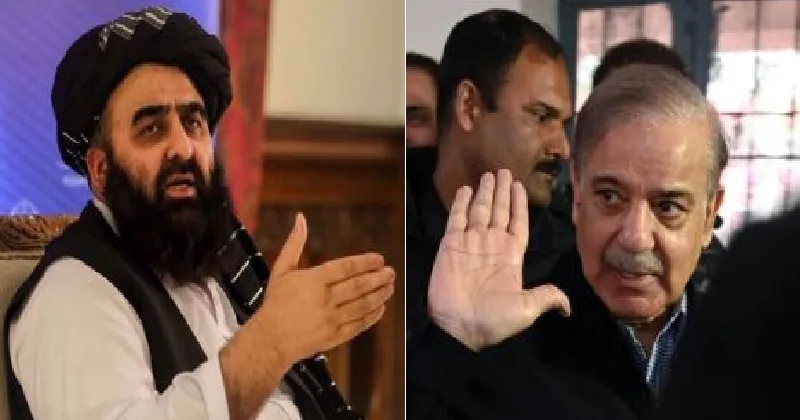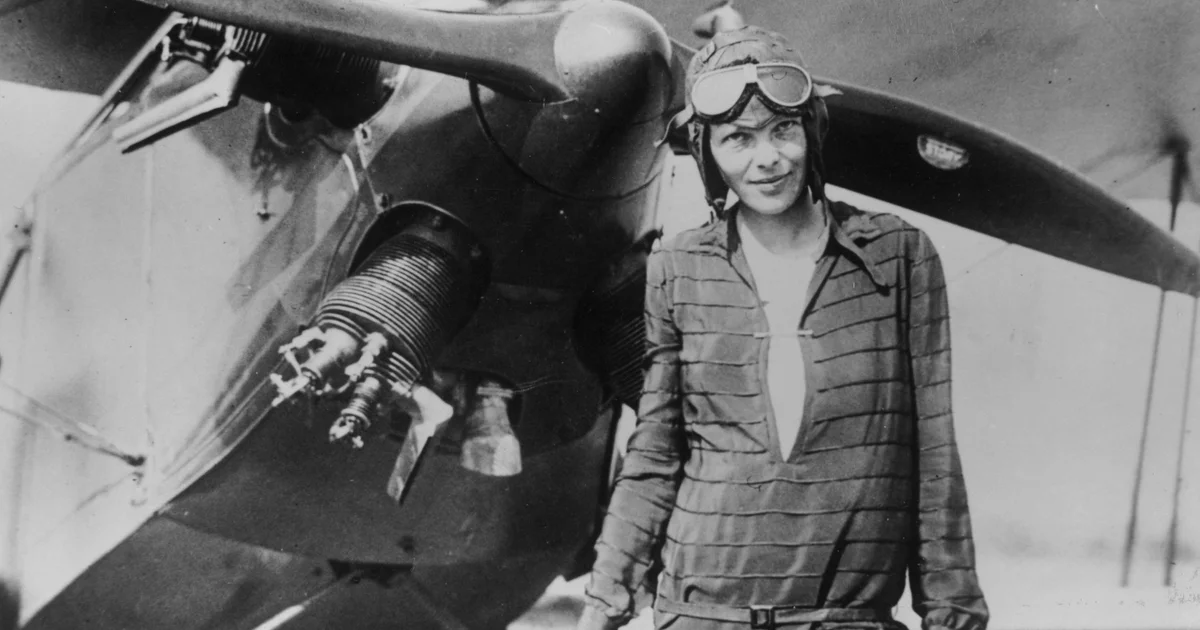Copyright Chicago Tribune

In 2023, playwright India Nicole Burton brought audiences “Panther Women: An Army for the Liberation,” which looked at a woman’s journey to self-discovery through narratives of activist members Angela Davis, Elaine Brown, and Assata Shakur of the Black Panther Party and Black Liberation Movement. The work was produced by Perception Theatre in South Shore. By the summer of 2025, the Historical Preservation Society of the Illinois Chapter of the Black Panther Party was celebrating the launch of the Black Panther Party Heritage Trail in Illinois with the first of many markers around the state that commemorate local party history. Now Burton is bringing us another project that highlights the life of Illinois Black Panther Party deputy chairman Fred Hampton, titled “Measure of a Man” — a one-man show featuring South Sider DeMorris Burrows that runs through Nov. 2 at Raven Theatre. A portion of the ticket proceeds goes to the Historical Preservation Society of the Illinois Chapter of the Black Panther Party and Save The Hampton House Campaign, an effort led by Hampton’s family to turn his childhood home into a historic landmark and community center. The production is the first play in Chicago for the Bloomington-based Coalescence Theater Project and showcases the many facets of Hampton in flashbacks, monologues, and dialogue overseen by a Black Panther dramaturg from his early activism to his rise in the Black Power movement. Hampton and Black Panther Party defense captain Mark Clark were both killed by Chicago police on Dec. 4, 1969 — many called it an assassination by the police and the FBI. The Black Panther Party was established in Oakland, California, on Oct. 15, 1966, by leaders Huey P. Newton and Bobby Seale, created as a response to racial violence against Black Americans, when youth became discouraged by the progress made by the nonviolent approach of the civil rights movement. As a Black Panther, Hampton created alliances to found the Rainbow Coalition since basic tenets of survival, including economic struggle and housing, traversed racial lines. The Tribune spoke with “Measure of a Man” playwright Burton, actor Burrows, and Don Shandrow, Coalescence Theatre Project’s artistic director and the play’s executive producer. The following conversation has been edited for length and clarity. Q: How aware were you of Hampton’s legacy before this role? Burrows: Growing up, I knew the name, but I didn’t really know much about him until I got to my senior year at Rich South High School. We had an African American literature teacher named Mr. Owens. I learned about Mansa Musa, all these different Black historical figures I just never knew. We also touched on Fred Hampton. But I didn’t start doing my deep research until this show. Q: Was Fred Hampton’s story the next logical step after your “Panther Women” play? Burton: As I was doing “Panther Women,” I did all this research — read over 30 books. I immersed in the world of the Black Panthers. I had no idea who Fred Hampton was until I started doing my research. I could not stop dreaming about this impeccable human being who was assassinated. His words resonated with me. When he speaks, he makes people want to do something. He makes you want to take action. It wasn’t like this is the next move. It was more like, I cannot not write about this guy. He was bothering me in my dreams. The Panthers aren’t finished with me yet. … I don’t know if they’ll ever be finished with me. There’s so much material and so much that needs to be said and studied about these individuals who are giants. If Fred Hampton was alive today, who knows what the landscape of Chicago would look like? Q: You read 30 books on Black Panther history, what was surprising? Burton: There were a lot of discoveries, but the biggest discovery was the Emmett Till aspect of it — his mother, Iberia, babysat Emmett Till. I felt compelled to add that into the story. Some of it is his words, and some of it is my creative license, but just knowing that the death of Emmett Till shaped his life in a way that propelled him to do the work that he did as a young man. He was seven years old when Emmett Till died. (Hampton’s) mother was afraid when she sent him South. She would tell him when you go South, it’s not like the North. This is what happened to Emmett Till, we don’t want this to happen to you, so make sure you don’t do this and that. That mirrored the conversation my sister had with my nephew about how to react to police. Everything is so cyclical, that’s why I felt like I had to add that into the play. Q: Who is the audience for this one-man show? Burton: Everybody is a revolutionary. He (Hampton) says it in the play, “You don’t think you’re a revolutionary. You’ll leave here as one.” It is a wake up for people who are novices in this, who don’t know about the Black Panther Party, who want to seek more knowledge of the Black Panther Party, but also individuals who are looking to do righteous revolutionary action. Once people leave, they will leave with that energy. I don’t think you can say ‘I am a revolutionary’ and not feel something, especially in these desperate times where we need revolutionary action, and we need it by any means necessary. This is for the young, for the old, for people who know about the Black Panther Party. I’m paying homage to the Black Panther Party, letting them know that I know they still exist, and that we won’t forget. Q: The Coalescence Theater Project is all about community and empowering people. Is there an intentional effort to put the right play on stage at the right time? Shandrow: There’s never a right place or right time to say the right thing and do the right thing. That’s what we’re about. Sometimes the pieces that we do are warnings. One of the things I like to think about after working with “Measure of a Man” is to think that Coalescence Theater Project embodies the vision and values of chairman Fred Hampton when he created the Rainbow Coalition. Q: Are there plans for the play to travel past Chicago? Shandrow: We’ve already been approached by the Historical Preservation Society of the Illinois Chapter of the Black Panther Party, about having the show performed at some of the important sites throughout Illinois — Rockford and Peoria, Carbondale and East St. Louis. I’m excited about that. We’re just waiting for India to write a third play so we can do a trilogy.



